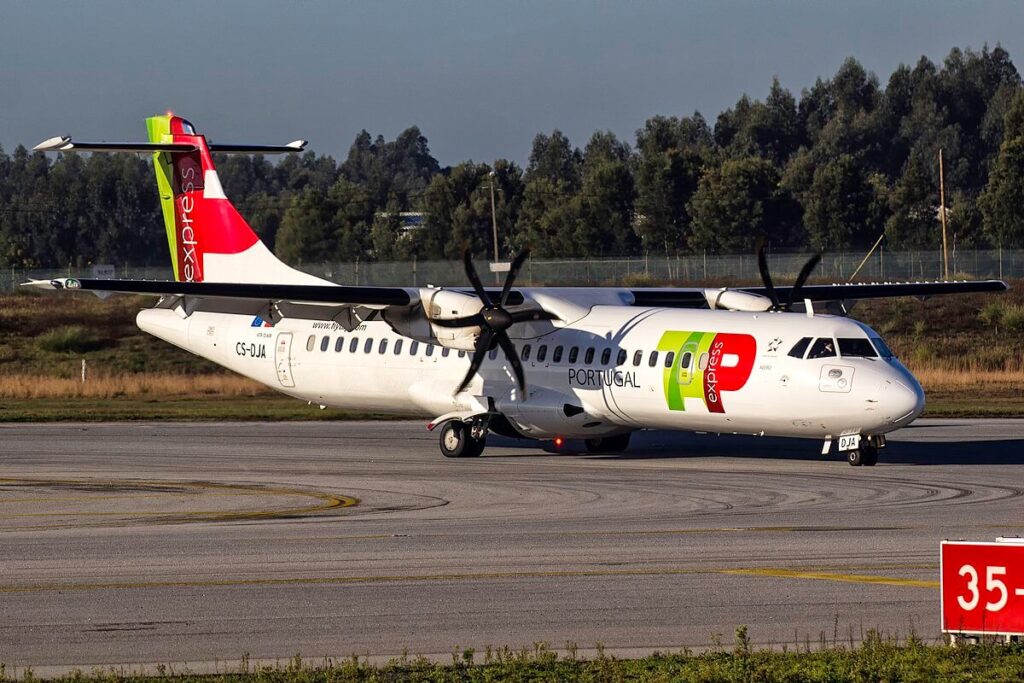Portuguese authorities find that pilot error and fatigue were responsible for the incident, which saw a TAP ATR-72 bouncing off the runway four times before coming to a stop at Lisbon airport.
The Portuguese Office of Prevention and Investigation of Accidents with Aircraft and Railroad Accidents (GPIAAF) published the final report regarding the incident involving a White Airways ATR 72-600 at Lisbon airport, on October 22, 2016.
The ATR 72, operated by White Airways on behalf of TAP Express, departed from Porto (OPO) to Lisbon (LIS) with 20 passengers and four crew members on board. Upon landing, the plane bounced off the runway four times before coming to a stop. It suffered substantial heavy damage to its front and main left landing gear. No injuries were reported, and no emergency evacuation was required.
The investigation concluded that the incident was due to an error by the captain, who made a landing at a speed “well above” the limitations stipulated in the approach to Lisbon airport.
This error might have been due to fatigue. The report points out that the flight crew was performing “their sixth journey of the day between Lisbon and Porto in adverse weather conditions.”
It states that the co-pilot alerted the pilot commander of the “excessive speed” in the approach to landing, but the latter did not “acknowledge or follow it”. In fact, it even took “a few minutes [for him] to react to the accident”.
Ultimately, the decision of the captain “to proceed and force the landing” even after the first runway touch, and this without complying with the prescribed approach speed, was the main cause of the porpoise landing, with pilot fatigue as a contributing factor.
